Description
ketotifen fumarate
Typical Ketotifen Fumarate Dosage
The appropriate dosage of ketotifen fumarate can vary depending on the age of the patient, the specific condition being treated, and the form of the drug being used (oral tablets or syrup). The following is a general guideline for ketotifen dosage, but always follow your healthcare provider’s instructions.
Adults
- Standard Dosage: The typical starting dosage for adults is 1 mg twice daily, one tablet in the morning and one tablet in the evening. In some cases, your doctor may increase this dose to 2 mg twice daily if necessary.
- Maximum Dosage: The maximum recommended dose is usually 2 mg twice daily. It is important not to exceed this dosage unless advised by your doctor, as higher doses may increase the risk of side effects.
Children
- Ages 3 to 6 Years: The typical starting dose for young children is 1 mg twice daily (morning and evening). Depending on the child’s response, the dose may be adjusted, but usually, 2 mg per day is the maximum allowable dose for children in this age range.
- Ages 6 to 12 Years: Children over 6 years old may start with 1 mg twice daily, and the dosage can be adjusted based on the severity of symptoms. The maximum dose for children in this age group is typically 2 mg twice daily.
- Under 3 Years: Ketotifen fumarate is generally not recommended for children under 3 years of age, as there is limited safety data for this age group. Always consult a pediatrician for proper dosing guidelines for infants and toddlers.
Syrup Formulation
Ketotifen fumarate is also available in syrup form, which may be preferred for children who have difficulty swallowing tablets. The typical dosage of the syrup is similar to that of the tablets, but it is measured in milliliters (mL) rather than milligrams (mg). The usual dosage for children ages 3 to 12 is 1 mL twice daily, which typically contains 1 mg of ketotifen fumarate per milliliter.
Factors That Affect Ketotifen Fumarate Dosage
Several factors can influence the appropriate dosage of ketotifen fumarate. These include the patient’s age, weight, kidney function, and the severity of the allergic condition being treated. Below are some key considerations:
Age
Age is one of the most significant factors affecting ketotifen dosage. Children typically require lower doses compared to adults, and dosages are adjusted based on age and body weight. As previously mentioned, for younger children, liquid formulations may be more suitable, while older children and adults can often take tablets.
Kidney or Liver Impairment
Patients with liver or kidney issues may require lower doses of ketotifen, as impaired organ function can affect the drug’s metabolism and clearance from the body. If you have a history of liver or kidney disease, your healthcare provider may adjust the dosage accordingly.
Severity of Allergic Condition
The severity of your allergic condition will also determine the dosage. For more severe cases of asthma or allergic rhinitis, a higher dose may be necessary to control symptoms effectively. It’s essential to monitor your symptoms and discuss any changes with your doctor to ensure your treatment plan is working.
Other Medications
Ketotifen can interact with other medications, so it’s essential to inform your healthcare provider about any other treatments you are taking. Medications that affect the central nervous system (such as sedatives or other antihistamines) may require a dosage adjustment when taken with ketotifen.
How to Take Ketotifen Fumarate
Ketotifen fumarate should be taken as prescribed by your doctor. For most people, it is recommended to take ketotifen with food to reduce the likelihood of stomach upset.
- Tablets: If you are prescribed ketotifen in tablet form, swallow the tablet whole with a glass of water. Do not crush or chew the tablet, as this can interfere with the drug’s effectiveness.
- Syrup: If you are using the syrup form, measure the dose carefully using a syringe or dosing spoon. Do not use a regular household spoon, as this can lead to inaccurate dosing.
Ketotifen is typically taken twice a day, in the morning and at night. Try to take it at the same time each day to help you remember.
Side Effects of Ketotifen Fumarate
While ketotifen is generally well-tolerated, like all medications, it can cause side effects. The most common side effects include:
- Drowsiness or sedation
- Dry mouth
- Headache
- Dizziness
- Nausea
In rare cases, more severe side effects such as allergic reactions (rash, swelling, or difficulty breathing), or signs of an overdose (extreme drowsiness, confusion, or rapid heartbeat) may occur. If you experience any of these symptoms, seek medical attention immediately.
Safety Considerations
- Pregnancy and Breastfeeding: Ketotifen should be used during pregnancy only if the potential benefit outweighs the potential risk to the fetus. It is not known if ketotifen passes into breast milk, so consult your healthcare provider if you are breastfeeding.
- Alcohol Consumption: Alcohol can increase the sedative effects of ketotifen, leading to enhanced drowsiness and impaired motor coordination. It is advisable to limit alcohol consumption while taking ketotifen.
How Does Ketotifen Work?
Ketotifen works by blocking histamine receptors, which play a crucial role in allergic responses. When the body encounters an allergen (e.g., pollen, pet dander, dust mites), the immune system releases histamine to protect itself. However, this release can cause common allergy symptoms such as sneezing, itching, runny nose, and watery eyes.
Ketotifen inhibits the binding of histamine to H1 receptors, which helps alleviate these symptoms. In addition to its antihistamine properties, Ketotifen also has mast cell-stabilizing effects. Mast cells are immune cells involved in allergic reactions, and by stabilizing these cells, Ketotifen reduces the release of histamine and other inflammatory substances.
Moreover, Ketotifen is sometimes used as a preventive treatment for asthma because it helps reduce bronchoconstriction (narrowing of the airways) and inflammation in the lungs, thus improving airflow and preventing asthma attacks.
Medical Uses of Ketotifen Tablets
Ketotifen are commonly prescribed for several allergic and respiratory conditions. Some of the main uses include:
- Allergic Rhinitis (Hay Fever): Ketotifen is often used to treat symptoms of allergic rhinitis, which include sneezing, nasal congestion, itching, and watery eyes. This condition is commonly triggered by allergens such as pollen, mold, or pet dander.
- Asthma: Ketotifen is sometimes used as a long-term management option for asthma. It helps to reduce inflammation in the airways and prevent asthma attacks by stabilizing mast cells and preventing the release of inflammatory mediators.
- Allergic Conjunctivitis: Ketotifen can also be prescribed for allergic conjunctivitis, which causes redness, itching, and watering of the eyes due to allergens like pollen or dust.
- Urticaria (Hives): Ketotifen may be prescribed to relieve symptoms of chronic urticaria, a condition characterized by itchy, red hives that appear on the skin.
- Eczema and Dermatitis: In some cases, Ketotifen may be used to help control symptoms of eczema or other allergic skin conditions by reducing inflammation and itching.
Recommended Dosage of Ketotifen Tablets
The dosage of Ketotifen tablets depends on the individual’s age, medical condition, and the severity of symptoms. The general recommendations are as follows:
- Adults: The typical dosage for adults is 1 mg (one tablet) twice daily. Depending on the response to treatment, a healthcare provider may adjust the dosage.
- Children (6-12 years): For children, the usual dosage is 1 mg (one tablet) twice a day. In some cases, a doctor may recommend a lower dose or liquid formulation for younger children.
- Children (under 6 years): Ketotifen is not typically recommended for children under 6 years old unless prescribed by a healthcare provider.
It is important to follow your doctor’s instructions carefully when taking Ketotifen tablets. Never take more or less than prescribed, and always complete the full course of treatment.
Side Effects of Ketotifen Tablets
While Ketotifen is generally well-tolerated, it can cause some side effects. Common side effects may include:
- Drowsiness or Sedation: Although Ketotifen is a second-generation antihistamine and less likely to cause drowsiness, some individuals may still experience mild sedation, especially when starting treatment.
- Dry Mouth: Ketotifen may cause a dry mouth in some people. Drinking water or using sugar-free gum can help alleviate this symptom.
- Dizziness: Some individuals may experience dizziness or lightheadedness while taking Ketotifen. It is important to avoid activities such as driving or operating heavy machinery if you feel dizzy.
- Headache: A mild headache may occur as a side effect of Ketotifen use.
- Gastrointestinal Issues: Some users may experience nausea, stomach pain, or an upset stomach.
- Weight Gain: Weight gain is a rare side effect, but it has been reported in some cases.
While these side effects are generally mild and may go away as your body adjusts to the medication, it is essential to contact your healthcare provider if you experience any severe reactions. Serious side effects, although rare, may include trouble breathing, swelling of the face or throat, or severe allergic reactions. Seek medical attention immediately if you experience these symptoms.
Precautions and Considerations
Before using Ketotifen tablets, it is essential to inform your doctor about any pre-existing medical conditions, particularly:
- Liver or Kidney Disease: People with liver or kidney problems may require a dosage adjustment or closer monitoring during treatment.
- Pregnancy and Breastfeeding: Ketotifen should be used during pregnancy only if the benefits outweigh the risks. It is not known whether Ketotifen passes into breast milk, so it is essential to consult your doctor if you are breastfeeding.
- Drug Interactions: Ketotifen can interact with other medications, including other antihistamines, sedatives, and drugs that affect the central nervous system. Always inform your healthcare provider about all medications you are currently taking.
- Alcohol Use: It is advisable to avoid consuming alcohol while taking Ketotifen, as alcohol can increase the sedative effects of the drug.
Conclusion
etotifen side effects offer effective relief for individuals suffering from allergic conditions such as hay fever, asthma, and allergic conjunctivitis. By blocking histamine and stabilizing mast cells, Ketotifen helps reduce inflammation and prevent allergic reactions. While the medication is generally well-tolerated, it is important to follow the prescribed dosage and be aware of potential side effects. Always consult with a healthcare provider before starting any new medication to ensure it is safe and appropriate for your specific condition.
If you or a loved one are struggling with allergies or asthma, talk to your healthcare provider about whether Ketotifen might be a suitable treatment option.



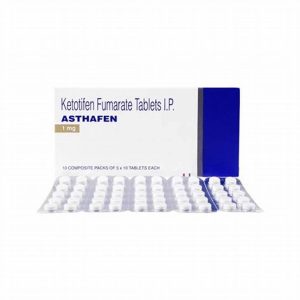
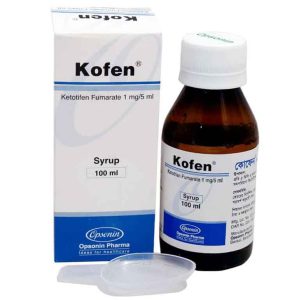







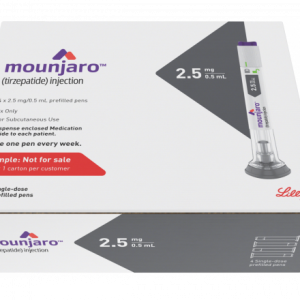
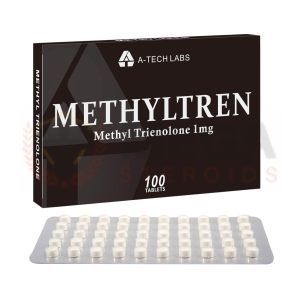

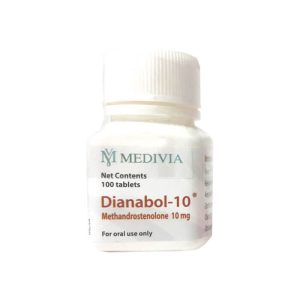
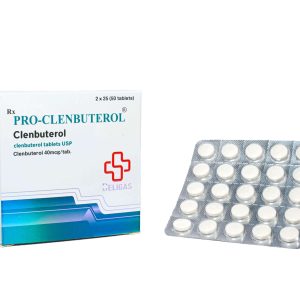
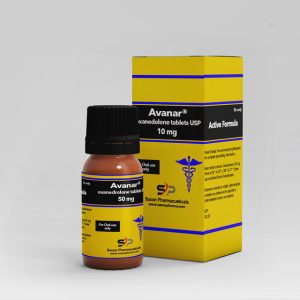


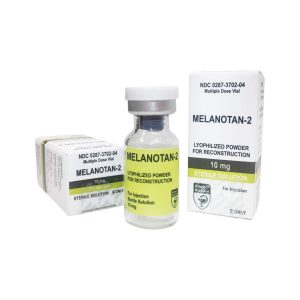
Reviews
There are no reviews yet.